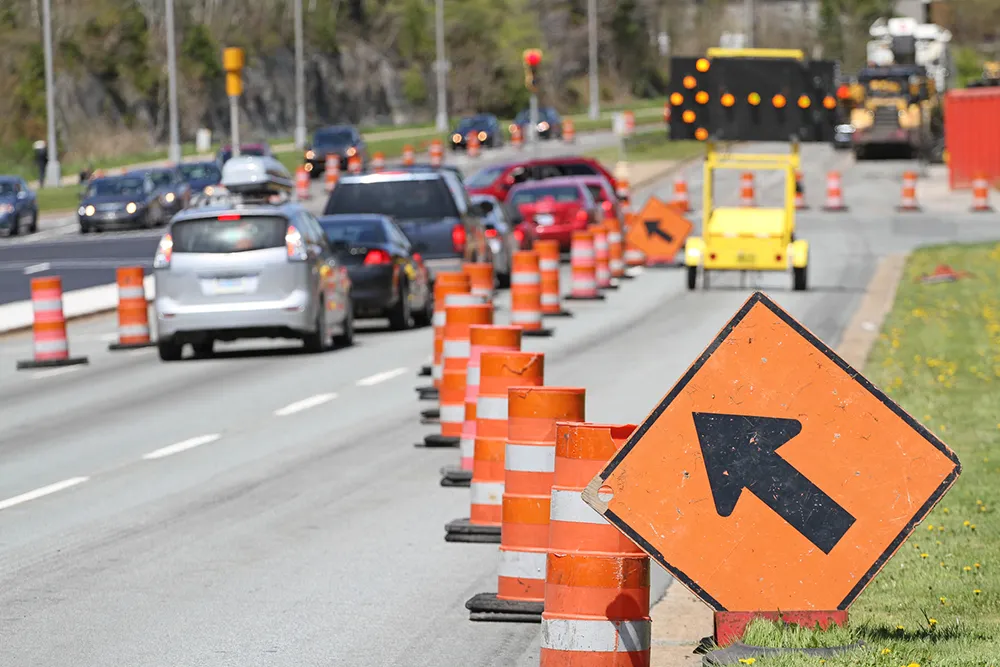The Vietnamese transport sector has been a major recipient of Japan’s official development assistance (ODA) in 2013, receiving nearly US$776 million.
A Ministry of Transport (MoT) report shows that, by the end of this year, eighteen Japanese-funded transport projects valued at US$2.34 billion have been completed and put into operation.
Japan is currently helping Vietnam implement 28 other transport projects totalling US$7.42 billion, and working with other donors to channel approximately US$4 billion
December 18, 2013
Read time: 1 min
The Vietnamese transport sector has been a major recipient of Japan’s official development assistance (ODA) in 2013, receiving nearly US$776 million.
A Ministry of Transport (MoT) report shows that, by the end of this year, eighteen Japanese-funded transport projects valued at US$2.34 billion have been completed and put into operation.
Japan is currently helping Vietnam implement 28 other transport projects totalling US$7.42 billion, and working with other donors to channel approximately US$4 billion into three other big transport projects.
The MoT has completed a list of 29 urban transport, seaport, highway, aviation and railways projects calling for Japanese ODA worth around US$6 billion in the 2013-2016 period. Among these projects are the Trung Luong-My Thuan and Nha Trang-Phan Thiet sections of the North-South highway, Long Thanh International Air Terminal, and Hanoi-Noi Bai railways line.
A Ministry of Transport (MoT) report shows that, by the end of this year, eighteen Japanese-funded transport projects valued at US$2.34 billion have been completed and put into operation.
Japan is currently helping Vietnam implement 28 other transport projects totalling US$7.42 billion, and working with other donors to channel approximately US$4 billion into three other big transport projects.
The MoT has completed a list of 29 urban transport, seaport, highway, aviation and railways projects calling for Japanese ODA worth around US$6 billion in the 2013-2016 period. Among these projects are the Trung Luong-My Thuan and Nha Trang-Phan Thiet sections of the North-South highway, Long Thanh International Air Terminal, and Hanoi-Noi Bai railways line.








